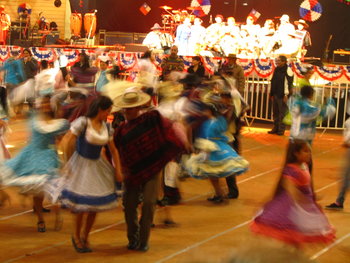|
| |
Social facts are observable and objective social realities that exercise social control over individuals. These are socially constructed with human agreements, understandings, conventions and traditions. Social facts may be invented by society but are very real such that they shape behavior and are difficult for individuals to ignore. The following are common examples of social facts.
Languages | Nations | Laws | Justice and justice systems | Crime | Military organizations | War | Norms | Religions | Customs | Traditions | Economic systems | Markets | Corporations & organizations | Jobs | Roles | Institutions | Marriage | Education and education systems | Political systems | Money | Technology | Cities | Social class | Social status | Social identity | Holidays | Culture | Cuisine | Sports | Etiquette | Media | Taxes | Clothing and fashion | Patriotism | Borders | Healthcare | Constitutions | Rights | |
Are Social Facts Negative?Social facts are not inherently negative or positive. They typically provide the things that people need such as goods, learning, stability, social belonging, peaceful coexistence and so forth. They do exercise social control in that they provide a shape for society. The alternative would be for each individual to completely invent all things for themselves along the lines of anarchy and relativism.DefinitionSocial facts were first proposed by French sociologist Émile Durkheim. Durkheim defined social facts as "manners of acting, thinking and feeling external to the individual, which are invested with a coercive power by virtue of which they exercise control over him". He viewed sociology as the "science of social facts". Next: Social Constructs
If you enjoyed this page, please consider bookmarking Simplicable.
© 2010-2023 Simplicable. All Rights Reserved. Reproduction of materials found on this site, in any form, without explicit permission is prohibited.
View credits & copyrights or citation information for this page.
|

































